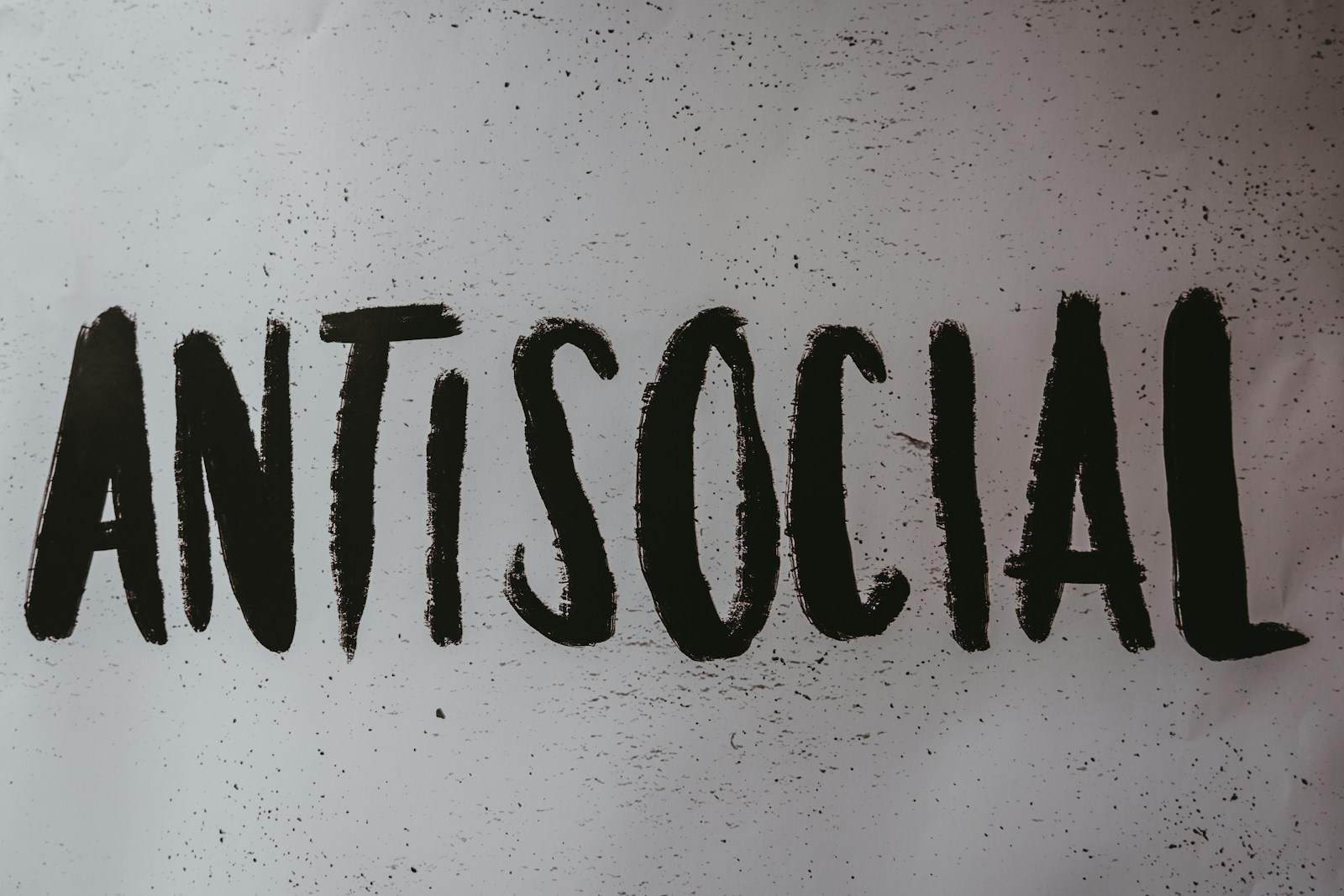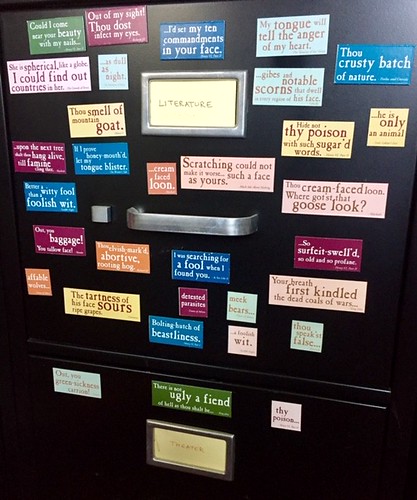
Understanding the British Travel Etiquette
When it comes to traveling in the UK, it’s not just about snapping photos of the iconic landmarks or indulging in scones and tea. Understanding the subtleties of British travel etiquette can make a significant difference in your experience and how locals perceive you. While the British are often stereotyped as reserved or formal, you’ll find that they appreciate politeness, humility, and a good sense of humor. Let’s dive into some unspoken rules that will help you blend in like a local and perhaps receive a warm smile instead of a quizzical glance.
The Power of Politeness
First and foremost, politeness reigns supreme in British culture. A simple “please” and “thank you” can work wonders. When you’re ordering at a café, remember to say, “I’d like a cup of tea, please.” It not only shows respect but also adopts a tone that the British find charming.
Additionally, if you accidentally bump into someone, a quick “sorry” or “pardon me” goes a long way. The British are known for their ability to be cordial even in busy situations. Embracing this can help you navigate crowded streets and tube stations with grace.
Queueing: The National Pastime
One of the most quintessentially British practices is queuing. You might feel a bit lost if you see a line forming and everyone is patiently waiting their turn. Unlike some cultures where it’s every person for themselves, in the UK, cutting in line is a major faux pas. Always take your place at the end of the line and wait your turn.
If someone tries to cut in front of you, a polite but firm “Excuse me, I believe the queue starts back there” will usually suffice. You’ll notice that locals will often appreciate your adherence to this unspoken rule, as queueing is seen as a mark of good manners and respect for others.
The Art of Small Talk
While the British may seem reserved, they do enjoy small talk—especially about the weather. It’s a classic conversation starter. Commenting on the drizzles or discussing how unexpectedly sunny it is can lead to delightful exchanges.
However, steer clear of more personal topics unless you know someone well. Conversations about politics, money, or religion can be a bit touchy, particularly with strangers. Stick to light-hearted subjects, and you may find yourself enjoying a friendly chat over the nuances of British life.
Dining Etiquette: More Than Just Forks and Knives
When dining out, whether in a casual bistro or a fancy restaurant, understanding proper etiquette is vital. To start, placing your napkin on your lap is a sign of refinement. When you’re finished eating, place your knife and fork parallel on your plate to signal that you’re done.
If you’re invited to someone’s home for dinner, it’s customary to bring a small gift as a token of appreciation. Flowers, chocolates, or a nice bottle of wine are always well-received. And if you’re the guest, be sure to thank your host once again when you leave, and a follow-up message the next day would be a lovely touch.
Tipping: A Delicate Balance
Tipping in the UK can be a bit confusing, as it varies depending on the situation. In restaurants, it’s common to leave a tip of around 10-15% if service isn’t included in the bill. If you’re in a pub ordering food at the counter, tipping isn’t necessary, but it’s always a nice gesture to leave some change.
When using taxis, rounding up to the nearest pound is standard practice. Some people might tip a bit more, especially if the driver has gone above and beyond. Understanding this balance will help you navigate the often murky waters of tipping in the UK.
Public Transport: Do’s and Don’ts
Using public transport is a rite of passage for anyone visiting the UK, especially in London. However, there are unspoken rules to abide by. When traveling on the Tube, always stand on the right side of the escalator and let others pass on the left. It’s a simple act of consideration that is greatly appreciated by locals.
Also, when you get on a bus or train, wait for passengers to disembark before boarding, and if you’re sitting in a designated priority seat, be prepared to offer it to elderly or disabled passengers.
Respecting Personal Space
The British are known for their love of personal space. While they may engage in small talk, they might not appreciate someone standing too close in a queue or during a conversation. Keeping a respectful distance will ensure you don’t inadvertently make anyone uncomfortable.
Footpath Etiquette: The Great Sidewalk Debate
In busy cities, footpath etiquette is paramount. In most places, the rule of thumb is to walk on the left side of the pavement. This helps to maintain a smooth flow of foot traffic. If you’re wandering in a group and need to stop, make sure to move to the side to avoid blocking the path.
Sporting Events: A Cultural Experience
One cannot truly understand British culture without experiencing a local sporting event. Whether it’s football (soccer), rugby, or cricket, each sport has its unique set of unwritten rules.
For football matches, it’s important to wear the colors of your team proudly and participate in the singing and chanting that is part of the experience. Yet, if you’re attending a rugby match, remember that the atmosphere is more family-friendly, so keep your language PG.
Pubs: The Heart of Socializing
Pubs are the lifeblood of British social life. Visiting a pub is not just about grabbing a pint; it’s about soaking in the local culture. If you’re going to order drinks, head to the bar, and place your order directly with the bartender. Don’t wave them down or shout your order from across the room.
Additionally, it’s common practice to buy a round of drinks if you’re out with a group of friends. If you’re unsure, a polite “Do you want me to get the next round?” can help you navigate this expectation.
Conclusion: Embrace the British Way
Traveling in the UK can be a rewarding experience, especially when you take the time to understand and respect local customs. By adhering to these unspoken rules of etiquette, you’ll not only make your journey smoother but also earn the respect and appreciation of the locals.
So, pack your bags, brush up on your polite phrases, and get ready to dive into the delightful quirks of British culture. It’s not just about the sights—it’s about the connections you make along the way. Happy travels!


